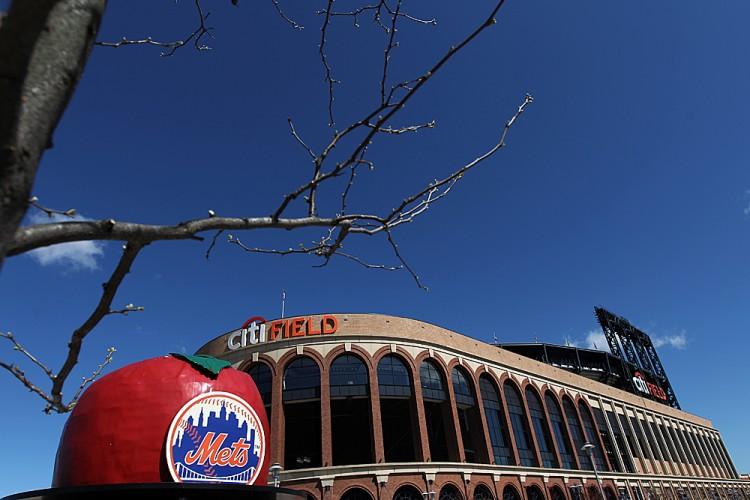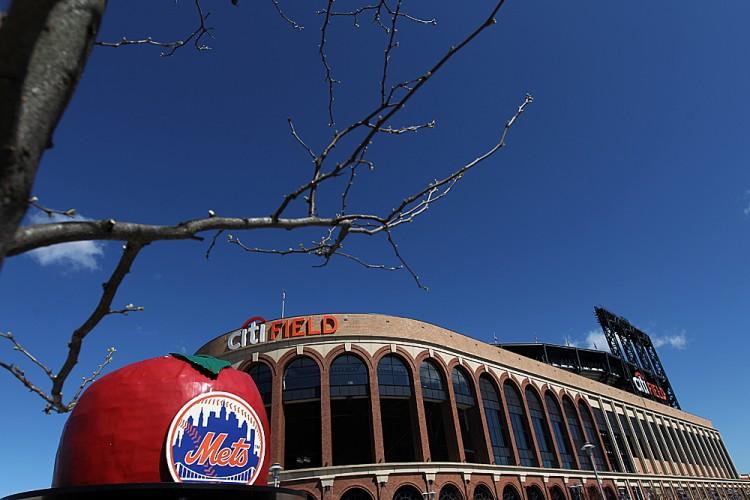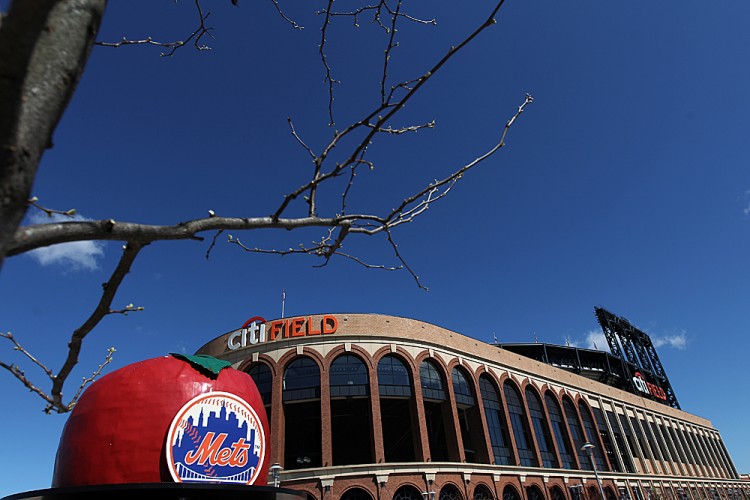NEW YORK—The Department of Transportation (DOT) released a report Friday determining that a pilot residential parking permits (RPP) program for neighborhoods near two stadiums was unnecessary, despite the influx of traffic on game days.
State Sen. Daniel Squadron’s legislation, which would enable RPP around the Barclays Center in Brooklyn and Yankee Stadium in the Bronx, was approved by the City Council with home-rule when introduced last year. But, the DOT did not see need for the program or funding to implement it.
RPP aims to open up 20 percent of street space for non-permit parking on a neighborhood-by-neighborhood basis. Permits would not be allowed on commercial streets or spaces with meters and fares already in place, and neighborhoods would determine through hearings whether they wanted to implement RPP.
In response to many community members and elected officials’ inquiries, DOT undertook a study about game-day traffic near the two stadiums. Traffic data was taken from the area a half-mile around Yankee Stadium and the Atlantic Yards area on game days and non-game days in August and October 2011. The results found the impact of game-day traffic did not call for RPP.
According to the study, “occupancy increases by about 10 percent in the study area during a game day. However, even under game day conditions, the on-street spaces are not filled.” The average occupancy on game days is around 85 percent, according to the DOT report.
On game days, a large number of commuters park in neighborhoods further from the stadium and take public transportation to Manhattan, Squadron said. According to a study by the Downtown Brooklyn Council, 40 percent of on-street parked vehicles in downtown Brooklyn are commuter cars.
Another concern RPP aimed to address was parking for residents of the congested neighborhoods.
“A permit system is long overdue in neighborhoods where residents spend hours circling for parking near their homes—especially on the overcrowded streets surrounding New York City’s stadiums and major business districts,” Squadron said in a statement responding to the DOT’s report. “That’s why DOT’s rejection of piloting RPP is particularly troubling.”
According to DOT’s report, 90 percent of stadium guests parked in off-street garages, and almost all on-street parking for games or events occurred within a 10-minute walk of the stadium.
The report also concluded that the increased parking from the game-goers “do not necessarily prevent residents and others from finding on-street space,” because on-street vacancies were still available throughout the half-mile study area. Though, these spaces were not necessarily within the 10-minute walking distance area immediately around the stadium.
The DOT cited that non-resident on-street parking occupancy was about 31–45 percent on non-game days and 49–55 percent on game days, so the neighborhoods were seeing an 18 percent increase from fans.
Squadron said the parking permits would provide funds for other NYC transit projects, but DOT’s report said the program would be too problematic.
“I urge my colleagues in the legislature to quickly pass my bill to bring permits to neighborhoods that want it. Our legislation empowers communities while protecting small businesses, reducing congestion, and helping fund our subways and buses,” Squadron said in his statement.
DOT said that in addition to the traffic being light enough and mostly absorbed by garages, RPP would be a “complicated administrative undertaking for the city.” The city has no legislative authority to enforce RPP, and “printing and issuance of permits [and] the large enforcement costs would be borne by all taxpayers.”
Many City Council members had expressed support for RPP, but neighborhood meetings that would determine which neighborhoods would implement RPP had not been polled.
The Epoch Times publishes in 35 countries and in 19 languages. Subscribe to our e-newsletter.







